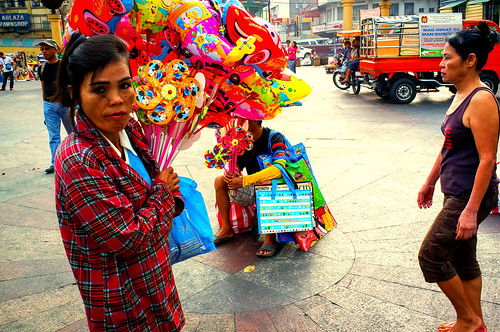

Next second, you saw them too clear, and you just knew you were never going to drink a beer together, ever again.” One second, you thought you had a connection with a person. Said what he’d really thought of Lucy the Northerner in a way that couldn’t get smoothed over. Maybe he’d said some things that sounded a little too true. “She’ll cool off, he thought as he let her go. He calls her on it and she stalks off in anger. At one point, he loses his temper with Lucy, the Northern journalist because he thinks she’s playing him.

Reality tends to break the polite pretences that allow people to spend time together. Of course, there are downsides to seeing the world too clearly for too long. To get back to a life before hurricanes went cat 6 and Big Daddy Drought sucked whole states dry. “ All of them asking what they needed to give up in order to get back to the good old days of big oil money and fancy cities like Houston and Austin. The dust-coated refugees all shaking,moaning, and working their beads for God. “…tent walls sucking and flapping as blast-furnace winds gusted over them. Timo, the photographer, recalls doing a story on a Merry Perrys meeting. They are “ministered” to by a group nicknamed the Merry Perrys, who prescribe a form of roadside spiritual aid that is big on buying friendship beads and earning salvation through repentence. One of the groups trying to escape from a clear vision of reality is the refugees, mostly from Texas, who have lost everything and are welcome nowhere.

Instead of seeing things how they are and adapting to them, we remember how they have been and try to retain or rebuild as much of the old world as we can, no matter how infeasible that is. The hardening of attitudes and the lack of empathy described is grimly convincing but the real push of the story is to show us how rarely we choose to the see things as they are and then act on what we see. The writing is muscular and unflinching in the way that it confronts the violence produced by anger and fear. The story centres on the CAP (The Central Arizona Project), a huge canal that brings water through the desert from Colorado to Arizona and the things people are willing to do to protect the water they have from those who have none.


 0 kommentar(er)
0 kommentar(er)
